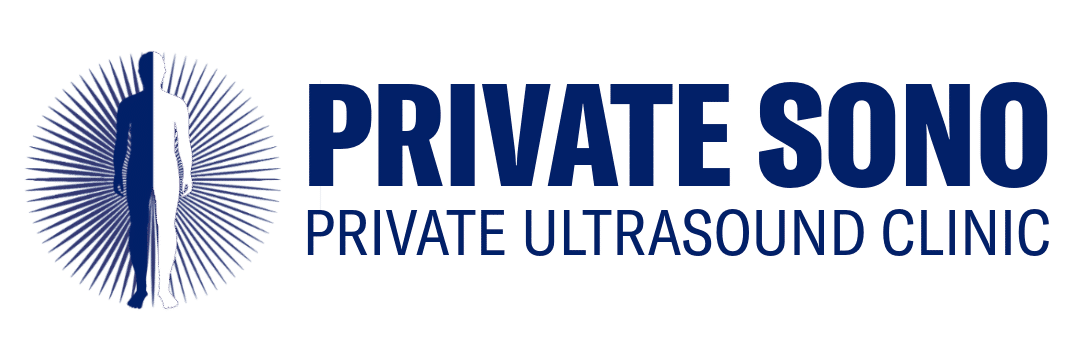Venous Insufficiency– Unilateral
£245.00
Chronic venous insufficiency (CVI) is a common condition that affects the veins in the legs. It occurs when the one-way valves in the veins become weakened or damaged, disrupting the efficient flow of blood back to the heart. Several factors can contribute to the development of CVI, including age, family history, obesity, pregnancy, and prolonged periods of sitting or standing. Other risk factors for venous insufficiency include a history of blood clots, injury to the legs, smoking, and lack of exercise. If you are experiencing any symptoms of venous insufficiency, it is important to talk to your doctor to determine the underlying cause and develop a treatment plan. Proper diagnosis and treatment are crucial for the effective management of CVI. Our ultrasound clinic in London offers venous insufficiency ultrasound scans to help diagnose and monitor this condition.
The symptoms of CVI can vary widely from person to person but commonly include swelling in the lower legs and ankles, leg pain, varicose veins, changes in skin texture or color, and skin ulcers or open sores. If left untreated, CVI can lead to more severe complications, including deep vein thrombosis, severe skin damage, and venous ulcers.
Why do I need to have a Venous insufficiency ultrasound scan?
What is the best non-invasive test to diagnose Venous insufficiency?
What does the Venous insufficiency Doppler ultrasound scan include?
Why do I need to have a Venous insufficiency Doppler ultrasound scan?
What kind of preparation do I need?
What should I perform if I have venous insufficiency?
If you are experiencing symptoms of venous insufficiency and your ultrasound scan confirms that you have venous insufficiency, it is important to talk to your GP and ask your GP to refer you to a venous insufficiency clinic or vascular surgeon. They can recommend the best course of treatment for you, which may include lifestyle changes, compression stockings, or in more severe cases, surgery.

